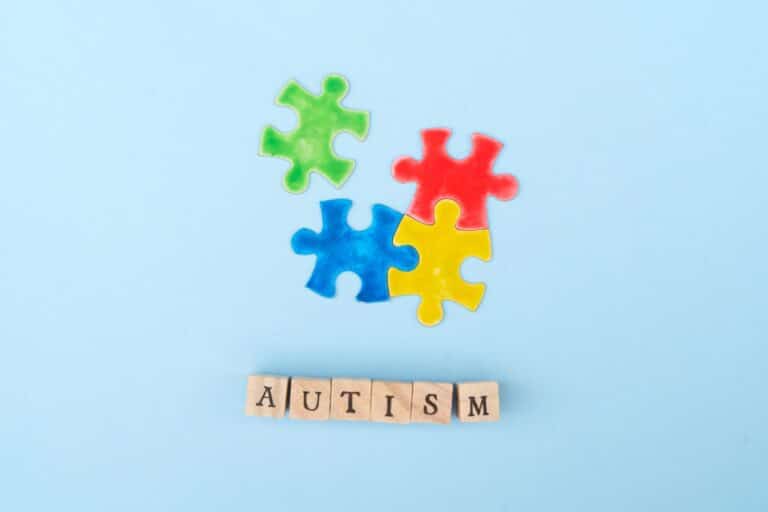Self-medicating is a dangerous act; it is never advisable by any ethical clinician, doctor, or expert. The impact that drugs have on the body and brain is significant.
Prescription drugs should be monitored and delegated under specific instructions and circumstances. Illicit drugs carry significant risks and may be fatal. Unfortunately, there is a large correlation between the inclination to self-medicate and poor mental health.
According to the Journal of Health Research and Educational Trust, nearly 51% of those who meet the criteria for a substance use disorder (SUD) are also accompanied by some form of mental health disorder. This suggests that more than half of Americans with a mental health disorder are inclined to self-medicate.
This reality speaks to the state of mental health in contemporary society. A great deal of the need to self-medicate stems from individuals facing mental health problems alone.
All hope, however, is not lost. Southern California Sunrise Recovery Center is aware of the great number of people who have turned to self-medicating instead of seeking help. The center offers practical and methodological steps to addiction recovery, wellness, and mental health services.
Reasons Those Struggling With Mental Illness Self-Medicate
Below are a few reasons a person struggling with a mental health issue may self-medicate with drugs or alcohol.
#1. Feeling as Though There Is No Other Option
Southern California Sunrise Recovery Center presents its clients with an array of options to embark on recovery and wellness.
The impact of self-medicating is harmful and detrimental both physiologically and psychologically. The more one self-medicates, the greater the chances of addiction and dependency.
Although many people feel trapped in the cycle of mental illness and addiction, there are other options. Southern California Sunrise Recovery Center presents its clients with avenues to mental wellness, so they do not continue down such a dangerous cycle.
The center guides clients on a recovery journey monitored by specialists with no hidden agenda. The sole goal is to provide the best care so that its clients may live a life free of drug dependency.
#2. Internalized Stigmas Concerning Mental Illness
Some of the most recognizable mental health conditions, such as bipolar depression or obsessive-compulsive disorder, have been at the forefront of relatively dangerous media narrations. These falsified images allow for the perpetuation of negative stereotypes, which almost inevitably leads to the internalization of the individual dealing with that specified mental health issue.
In acknowledging that one has a mental illness that requires treatment, the insecurities associated with these stigmas become reified. Because of this, some may turn to self-medicating.
When one self-medicates, it is usually because they would prefer to avoid facing the reality that there is an issue. There is, however, no shame in struggling with mental illness.
Seeking help is beneficial and a much better alternative than self-medicating through drugs and alcohol. This option prolongs and accentuates problems rather than promoting healing. There is almost no area of life that is not impacted when one self-medicates. This scenario could quickly become a dependency, affecting finances, physical health, and relationships, negatively impacting one’s well-being.
At SoCal Sunrise, our staff can help deter our clients from continuing down the dark path. One of the best ways to beat negative self-internalization is to face the issue head-on. Practitioners address the core issues and create a treatment plan tailored to individual needs. This allows clients to shed the shame so heavily perpetuated by outsiders.
#3. The Need to Feel a Sense of Control
Being diagnosed with a mental illness can easily be discouraging and creates feelings of powerlessness. Because self-medicating seems like it is on the individual’s terms, it can breed a sense of power and control.
However, this is nothing short of an illusion. When a person feels the need to self-medicate to keep the effects of mental illness or emotions at bay, they are not in control. The demands of their substance of choice are truly what is controlling them.
A sober approach to one’s mental health issues, such as depression and anxiety, would much more likely help them discover their actual needs outside of such a powerful influence. Southern California Sunrise Recovery Center assists clients in making this discovery. We provide a judgment-free, compassionate environment where barriers to care and recovery are removed, and each person can grow and advance at their own pace.
Self-medicating in no way needs to be a means of gaining control over one’s life, situation, or mental illness. An individual’s mental health diagnosis does not define them. Their ability to overcome their problems often far supersedes what they believe they are capable of.
At Southern California Sunrise Recovery Center, we understand that self-medication is often used to deal with the effects of a mental illness. We have resources and a community to help you feel less isolated while healing. There is assistance if you are in solitude, in desperation, or in poor mental health. Although it is tempting to try to go it alone, understand that poor mental health is faced by many who are struggling to manage their mental health.
Your capability to rise through this difficulty is within you. We can help you process your thoughts alongside a companion. You can be encouraged and affirmed while learning to trust yourself again. Our facility has a trained staff that is well versed in issues as intense as the need to self-medicate.
There is hope. Call (949) 284-7325.






